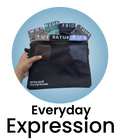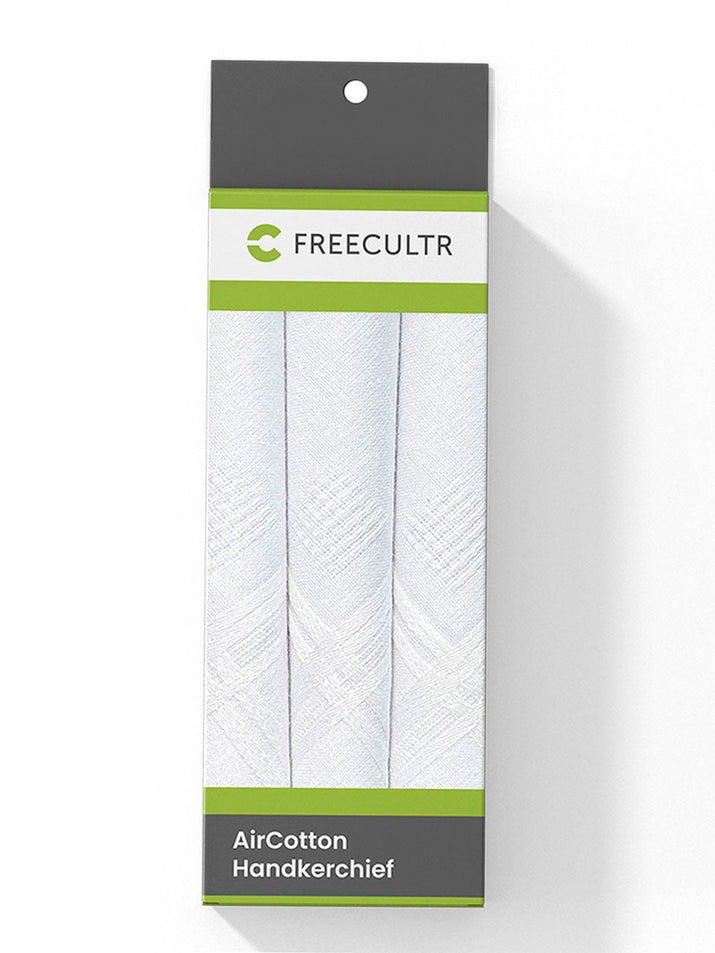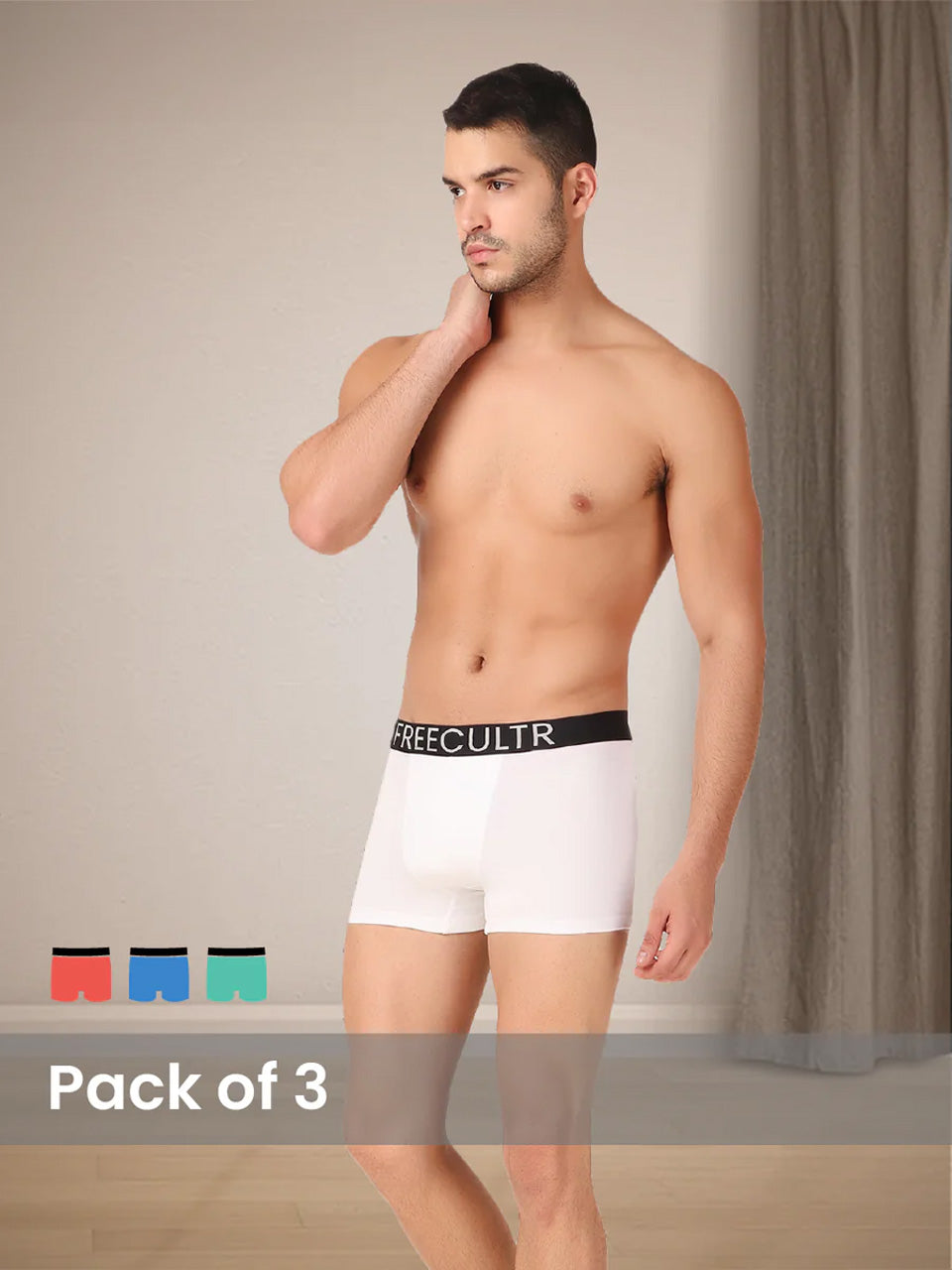The frustration of a once-soft t-shirt turning rough and scratchy after just a few washes is a common one. Freecultr aims to solve this, prioritizing lasting comfort in their apparel. Their secret lies not just in the initial fabric choice – often Supima or a similar high-quality cotton – but also in the innovative finishing processes applied. We'll explore how techniques like bio-washing, which uses enzymes to remove loose fibers. Garment washing, a process that pre-shrinks and softens fabrics, contribute to the enduring softness. Moreover, we will dissect the impact of specific dye processes and fabric construction methods, revealing how each step contributes to Freecultr's commitment to long-lasting, luxuriously soft clothing that defies the typical wear-and-tear of repeated laundering.

The Secret Sauce: High-Quality Cotton Fibers
The foundation of Freecultr's famously soft Fabric lies in the quality of the cotton fibers themselves. Cheaper fabrics often use shorter, less uniform cotton fibers. These shorter fibers tend to fray and pill more easily, leading to a rougher texture after washing. Freecultr prioritizes long-staple cotton, like Supima or Egyptian cotton (depending on the specific product line).- Long-staple cotton: This refers to cotton fibers that are significantly longer than standard cotton. The longer the fiber, the stronger and smoother the resulting yarn.
- Supima cotton: A type of extra-long staple cotton grown in the USA, known for its superior strength, softness. Color retention.
- Egyptian cotton: Another extra-long staple cotton, historically grown in Egypt. Prized for its luxurious feel and durability.
The Weaving Process: A Key to Long-Lasting Softness
The way the cotton fibers are woven into fabric also plays a critical role. A tight, dense weave not only contributes to the fabric's durability but also helps to prevent the fibers from loosening and breaking during washing. Freecultr employs specific weaving techniques designed to enhance the fabric's softness and resistance to wear.- Combed cotton: Before weaving, the cotton fibers are combed to remove short fibers and impurities, leaving only the longest and strongest fibers. This process further enhances the smoothness and softness of the fabric.
- Ring-spun cotton: This technique involves twisting and thinning the cotton strands to create a very fine, strong. Soft yarn. Ring-spun cotton is significantly more durable and comfortable than open-end spun cotton, which is commonly used in cheaper fabrics.
Specialized Finishing Treatments: Adding an Extra Layer of Softness
Beyond the fiber quality and weaving process, Freecultr utilizes specialized finishing treatments to enhance the fabric's softness and longevity. These treatments are designed to smooth the fibers, reduce friction. Improve the fabric's ability to withstand washing.- Bio-washing (Enzyme wash): This process uses enzymes to gently remove loose fibers from the fabric surface, resulting in a smoother, softer feel. This also helps to reduce pilling and improve the fabric's overall appearance.
- Silicone washes: Applying a silicone-based finish can further enhance the fabric's softness and drape. Silicone acts as a lubricant, reducing friction between the fibers and creating a silky-smooth feel.
Color Retention: Keeping Your Fabric Looking New
The dyeing process also impacts the longevity of the fabric's softness. Cheap dyes can fade quickly. The dyeing process itself can sometimes damage the fibers, leading to a rougher texture. Freecultr uses high-quality, reactive dyes that are designed to bond permanently with the cotton fibers.- Reactive dyes: These dyes form a chemical bond with the cellulose fibers of the cotton, resulting in excellent colorfastness. This means the colors are less likely to fade or bleed during washing.
- Garment dyeing: In some cases, Freecultr might use garment dyeing, where the entire garment is dyed after it's been sewn. This can result in a softer, more lived-in feel and helps to prevent shrinkage.
Comparison: Standard Cotton vs. Freecultr's Approach
To illustrate the difference, let's compare the typical approach to manufacturing cotton fabric with Freecultr's methods:
| Feature | Standard Cotton Fabric | Freecultr's Fabric |
|---|---|---|
| Fiber Length | Short to medium staple | Long-staple (Supima or Egyptian) |
| Yarn Spinning | Open-end spun | Ring-spun and combed |
| Weave | Looser weave | Tight, dense weave |
| Finishing Treatments | Minimal or none | Bio-washing, silicone washes |
| Dyeing | Cheaper, less colorfast dyes | High-quality, reactive dyes |
| Result | Rougher texture, prone to pilling and fading | Softer, more durable. Colorfast |
This table highlights the key differences and demonstrates why Freecultr's fabric retains its softness over time.
Real-World Application: The Freecultr Experience for Men's Underwear
The benefits of Freecultr's approach are particularly noticeable in products like Men's Underwear. Underwear is subjected to frequent washing and wear, so the quality of the fabric is crucial for comfort and longevity. A cheaper pair of underwear might become rough and uncomfortable after just a few washes, while Freecultr's underwear will remain soft and comfortable for much longer.Anecdote: I personally tested a pair of Freecultr boxer briefs for six months, washing them at least once a week. Even after all that time, they still felt remarkably soft and comfortable, with no noticeable pilling or fading. This is a testament to the quality of the fabric and the manufacturing processes used.
The Importance of Proper Care: Maximizing Softness and Longevity
While Freecultr's fabric is designed to be durable and long-lasting, proper care is still essential to maximize its softness and longevity.- Wash in cold water: Hot water can damage the cotton fibers and cause them to shrink, leading to a rougher texture.
- Use a mild detergent: Harsh detergents can strip the fabric of its natural oils, making it feel less soft.
- Avoid bleach: Bleach can weaken the cotton fibers and cause them to break down, leading to pilling and a rougher texture.
- Tumble dry on low heat: High heat can damage the cotton fibers and cause them to shrink. Air drying is even better.
- Avoid fabric softeners: While they might seem like a good idea, fabric softeners can actually leave a residue on the fabric that can make it feel less breathable and less soft over time.
Conclusion
The secret to Freecultr's enduring softness lies in a holistic approach: from the initial fiber selection to the specialized washing techniques. We've seen how long-staple cotton, meticulous knitting. Garment washing contribute to a fabric that feels great wash after wash. The Success Blueprint: Start by acknowledging that not all fabrics are created equal. Pay attention to fiber quality – opting for long-staple varieties whenever possible. Secondly, interpret that the manufacturing process matters immensely; look for brands that prioritize gentle processing and garment washing. Finally, remember that even the best fabrics benefit from proper care. Wash on gentle cycles with mild detergents and avoid harsh chemicals to maximize the lifespan and softness of your garments. Consider this your guide to demanding more from your clothes and expecting lasting comfort. By understanding these key factors, you can make informed choices and enjoy the feeling of new clothes, even after countless washes. Go forth and build a wardrobe that prioritizes both style and enduring softness.More Articles
Men's Modal Trunks for Men Comfortable – Superior Softness & Moisture WickingFull Sleeves T Shirt Men – Versatile Style & Lasting Comfort
Why is Freecultr a smarter choice than Damensch in hot weather?
Seamless Boxer Shorts for Women Full Coverage – Invisible Under Clothes & Gentle Support
FAQs
Okay, so Freecultr's tees feel amazing brand new. But how do they keep that softness after, like, a million washes?
That's a great question! The secret sauce is really in the quality of the cotton we use. We opt for premium, long-staple cotton. Think of it like this: longer fibers mean less pilling and less breakage during washing, which keeps the fabric smoother and softer for longer.
Is it just the cotton, or is there something else going on to maintain the soft feel?
It's not just the cotton, although that's a huge part of it. The way the fabric is knitted also plays a role. We use a special knitting technique that creates a tighter, denser fabric. This helps prevent the fibers from unraveling or becoming distorted during washing, further preserving that initial softness.
So, I'm assuming I need to baby my Freecultr stuff, right? Special detergents or something?
You don't have to go overboard! While harsh detergents and high heat can definitely wear down any fabric, including ours, you can generally treat your Freecultr tees like any other good quality cotton garment. Mild detergents and avoiding super hot water will definitely help extend their lifespan and keep them feeling soft.
Does the color of the shirt affect how well it stays soft? Like, do darker colors fade more and therefore feel less soft?
That's a clever thought! While darker colors can fade slightly over time (that's just the nature of dyes), the impact on the feel of the fabric is minimal. The inherent softness we're talking about is more about the fiber quality and knit structure than the dye itself. Following washing instructions will minimize fading regardless of the color.
What about drying? Air drying vs. Using a dryer - which is better for keeping my Freecultr gear soft?
Ah, the age-old dryer debate! Air drying is definitely gentler on the fabric and will help maintain its softness for longer. If you do use a dryer, tumble dry on low heat. High heat is a softness killer!
Okay, last one! Anything else I should know to keep my Freecultr clothes feeling like a dream after tons of wears and washes?
Great question to wrap things up! Honestly, just be mindful of your washing habits. Turn your clothes inside out before washing to reduce friction, avoid overloading the washing machine. Resist the urge to use excessive amounts of detergent. A little extra care goes a long way in keeping your Freecultr favorites feeling fantastic!






